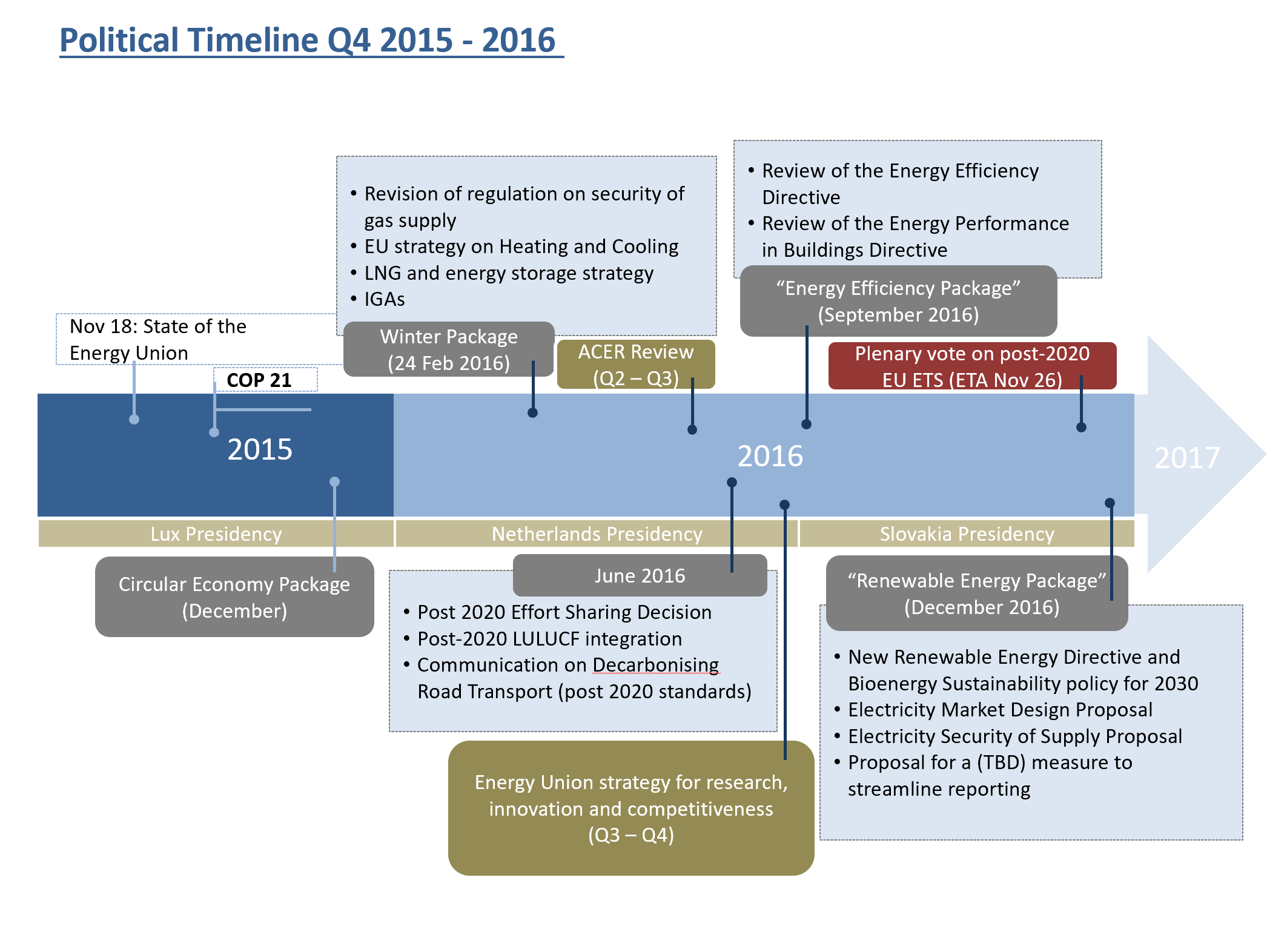14 November 2023
EIB Report - What Drives firms' investment in climate action?
The current energy crisis poses major challenges to European companies. In early 2022, almost two years after the onset of the COVID-19 pandemic, the European economy was beginning to recover strongly. The Russian invasion of Ukraine, however, plunged European firms into uncertainty. Faced with multiple challenges, ranging from geopolitical instability to a strong surge in inflation, many firms point to high energy prices as a major factor hampering investments. The same patterns are found across continents, sectors and countries. The recent energy crisis differs from past ones in that the strong interconnection between markets has resulted in global repercussions.
The European Investment Bank report “What drives firms’ investment in climate action?” delves deep into the factors motivating EU businesses to invest in green solutions, amidst global disruptions and challenges. Discover how these businesses are navigating this intricate landscape through the evidence provided by the investment survey.
17 February 2021
The Bertelsmann foundation together with Hertie School of Governance and the Jaques Delors Institute published the paper:
Beyond transparency: Getting serious about greening Europe’s financial system
The authors argue that the financial sector must divest from unsustainable business. This is imperative to achieve a climate-neutral economy and to safeguard financial stability. The European sustainable finance regulatory agenda of 2018 launched important initiatives that increase transparency on climate risks. Now it is time to move to the second stage and incorporate climate risks in the risk models and capital requirements of banks, pensions funds and insurance firms. This will reduce their exposure to potential losses from climate risks and at the same time render sustainable investment alternatives more attractive.
16 September 2020
The 2030 Climate Target Plan
Excerpt - Adressing the Climate Crisis with Inreased Resolve
The climate crisis remains the defining challenge of our time. The past five years were the warmest on record. Global average temperature increased by 1.1°C above pre-industrial levels by 2019. The impacts of global warming are beyond dispute, with droughts, storms, and other weather extremes on the rise. We must take urgent and sustained action to preserve the health, prosperity, and well-being of people in Europe and all over the world. The recent reports of the IPCC on climate change and 1.5°C global warming, land, ocean and cryosphere underlined the dire impacts if climate change would not be halted. EU citizens are increasingly, and rightly, worried. Nine out of ten see climate change as a serious concern. The EU leads the global fight against climate change and the Commission is determined that the EU takes further action now.
The President of the Commission has made the European Green Deal the top political priority, with the aim of transforming the EU into a fair and prosperous society with a modern, resource-efficient and competitive economy. Today the Commission sets our continent on a sustainable path to make this a reality and achieve climate neutrality by 2050.
United Nations Framework Convention on Climate Change (UNFCCC)
The contribution of countries to climate change, and their capacity to prevent and cope with its consequences, varies enormously. The Convention and the Protocol therefore foresee financial assistance from Parties with more resources to those less endowed and more vulnerable. Developed country Parties (Annex II Parties) shall provide financial resources to assist developing country Parties in implementing the Convention. To facilitate this, the Convention established a Financial Mechanism to provide funds to developing country Parties.
The Convention, under its Article 11, states that the operation of the Financial Mechanism is entrusted to one or more existing international entities. The operation of the Financial Mechanism is partly entrusted to the Global Environment Facility (GEF). At COP 17 Parties decided to designate the Green Climate Fund (GCF) as an operating entity of the Financial Mechanism of the Convention, in accordance with Article 11 of the Convention. The Financial Mechanism is accountable to the COP, which decides on its climate change policies, programme priorities and eligibility criteria for funding.
The Kyoto Protocol also recognizes, under its Article 11, the need for the Financial Mechanism to fund activities by developing country Parties.
In addition to providing guidance to the GEF, Parties have established four special funds: the Special Climate Change Fund (SCCF), the Least Developed Countries Fund(LDCF), both managed by the GEF, and the GCF under the Convention; and the Adaptation Fund (AF) under the Kyoto Protocol.
At COP 16 Parties decided to establish the Standing Committee on Finance to assist the COP in exercising its functions in relation to the Financial Mechanism of the Convention.
Launched at COP 17 and extended for one year at COP 18, the work programme on long-term finance concluded its work at COP 19 in Warsaw. COP 19, in decision 3/CP.19, included activities on long-term climate finance for the period 2014-2020. These include biennial submissions by developed country Parties on their strategies and approaches for scaling up climate finance from 2014 to 2020, in-session workshops to facilitate deliberations on long-term climate finance and biennial high level ministerial dialogues on climate finance starting in 2014. More information here.
Funding for climate change activities is also available through bilateral, regional and multilateral channels. More information on funding is available here.
Long-term Climate Finance - Relevant documents and information
ELTI Workshop in Paris on 9 December 2016
Agenda
Presentation: 'Panorama des financements climat en France' by Pierre Ducret, Caisse des Dépôts Special Advisor for climate change, Chair Institute for Climate Economics
Presentation: 'Mainstreaming climate action within financial institutions: Five Voluntary Principles' by Maria Scolan
Climate Action in Financial Institutions - Principles for Mainstreaming Climate action
CDC side event ELTI during the Cop21 Climate Summit
Agenda
On 7 December 2015, CDC co-organised a side event with ELTI entitled “On the road to a low carbon economy. Solutions for financing the transition: the European experience“ where the discussions focused on the specific financing needs of low carbon projects and adapting financing tools to green projects and specifically whether EU practices were good.

